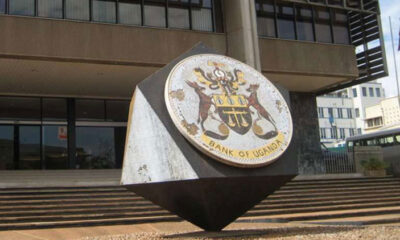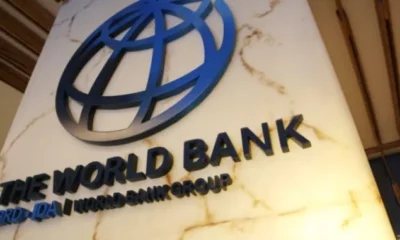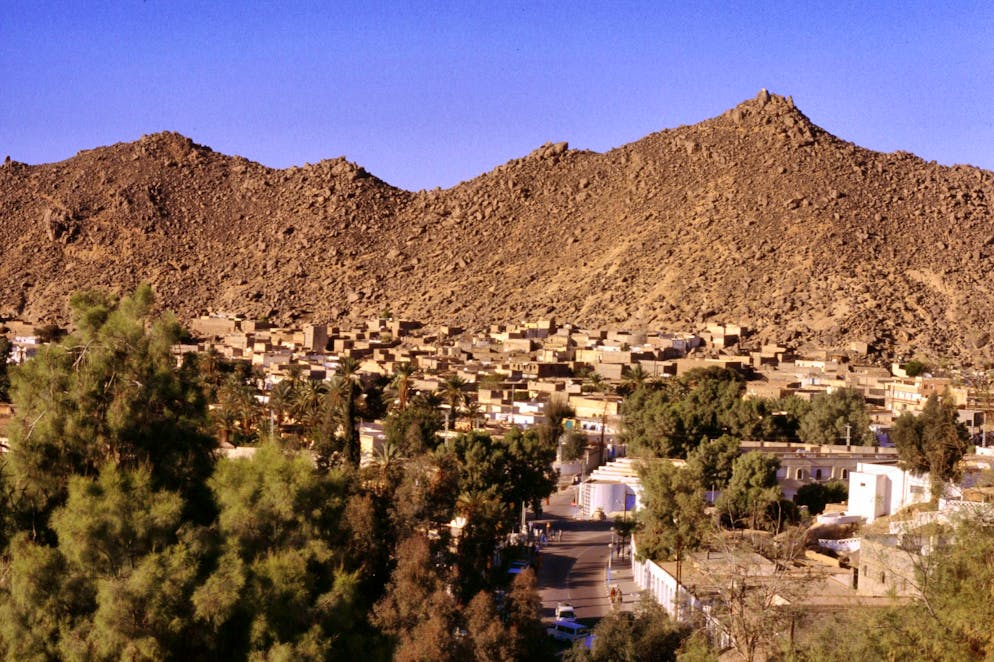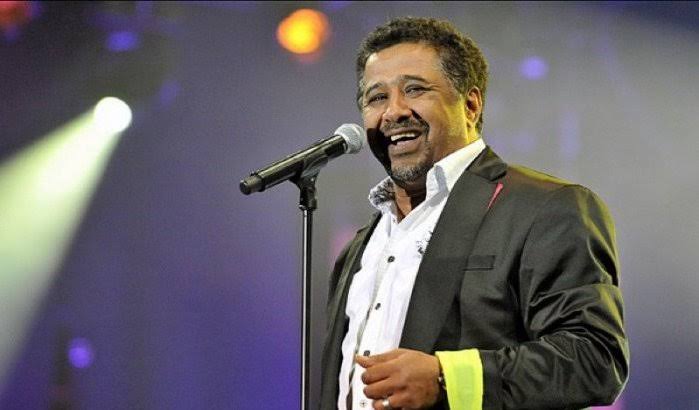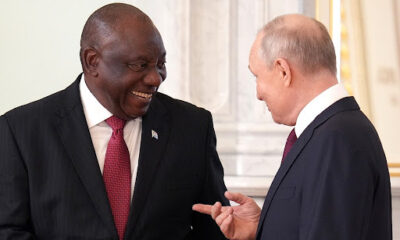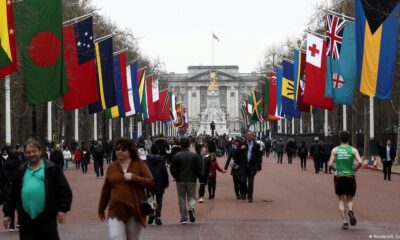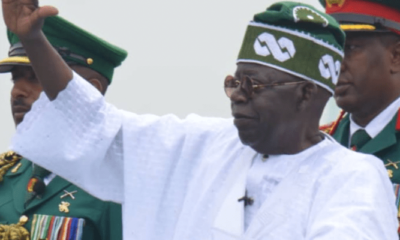The University of Cambridge in the United Kingdom has agreed to return 39 traditional Ugandan artefacts which were looted from the country over a century ago.
However, the return of the artifacts would be for an initial loan period of three years, similar to a deal the UK government struck with Ghana.
The objects to be returned include tribal regalia, delicate pottery and abstract carvings the Ugandan people once held in high esteem.
Speaking on the return of the historical objects, Mark Elliot, the senior curator at Cambridge University said:
“These objects have been away from home for so long, now is the time that they come back and it’s the time to research the history of these objects, to research their contemporary significance and to help make decisions about their future.
“Really importantly, this is research that could be done in Cambridge but it shouldn’t be done in Cambridge, it should be done here and it should be led by Ugandan people.”
The Cambridge University had acquired most Ugandan artifacts as donations from private collections, and many were given by an Anglican missionary active in Uganda after the nation was made a British protectorate in 1894.
“There was a lot of plundering Africa and so Africa being plundered, it’s not that they only took gold,” Jackline Nyiracyiza, Ugandan Government Commissioner in charge of Museums and Monuments said on the return of the artifacts.
“They took gold and associated heritage and so a part of the gold, I would say, that they removed from Africa, is the cultural heritage because they were spreading the gospel of Christ and so they did not want anything associated with traditions.”
Nyiracyiza added that Uganda’s agreement with Cambridge is renewable, allowing for the possibility of a permanent loan and perhaps local ownership.
“We have a variety of objects that have been brought from Buganda (Bantu kingdom within Uganda) and I have seen and I would be seeing these objects, most especially. I shouldn’t say it. Most especially ‘Omulamula’ (or) ‘Ddamula (a traditional stick or sceptre handed to the Kingdom’s prime minister by the King) for the Katikiro (Buganda Kingdom’s prime minister), that is the most fascinating object I have seen,” Nyiracyiza explained.
“These items represent a small fraction of about 1,500 Ugandan ethnographic objects that the British University owns.
“The African Union aims to have a common policy on the return of looted cultural property,” the Minister said.
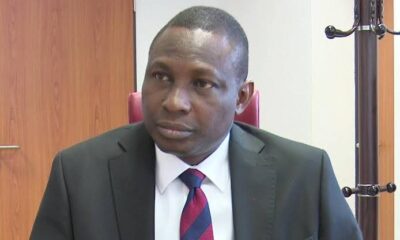
 Metro1 day ago
Metro1 day ago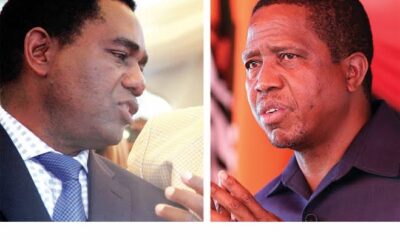
 Metro23 hours ago
Metro23 hours ago
 Tech23 hours ago
Tech23 hours ago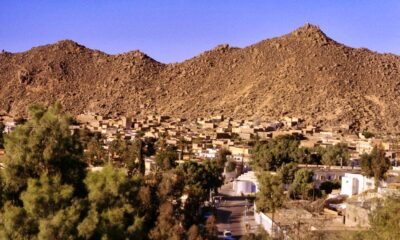
 Culture23 hours ago
Culture23 hours ago




